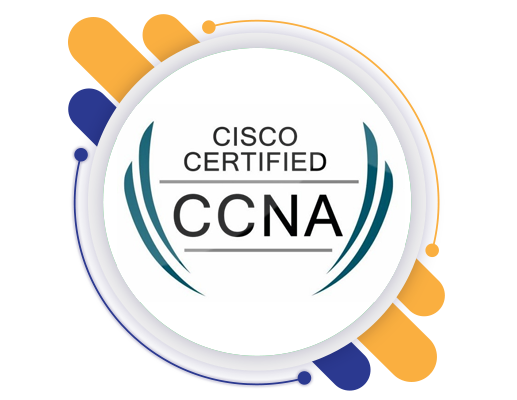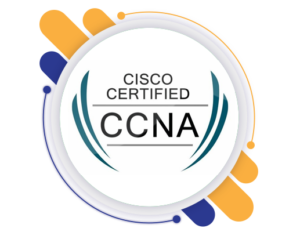"SMEClabs" is a registered trademark of SMEC Automation Pvt. Ltd. © 2024 SMEClabs All rights reserved

78%
Alumni Career Transitions
5200+
Hiring Partners
60%
Avg Salary Hike
22
Years of R & D in Syllabus
Achieving CCNA Security Certification Course proves your capabilities with safety solutions. To earn CCNA Security certification, you skip exams: one which covers center safety technology and one safety awareness examination of your choice, so that you can personalize your certification in your technical region of focus.
CCNA Security Certification is one of the most popular security level certification programs issued by CISCO. A CCNA Security Certification Course validates the skill, potential and understanding of a person to fix, configure and troubleshoot networks. As organizations around the globe are developing their dependence on IT offerings to run operations easily and profitably, CCNA security Certification specialists perform on the technical end, making sure the overall performance of Network devices which include routers, switches and firewalls.
Anti-virus/anti-malware
** The above is the lite syllabus and doesn’t cover the full syllabus. To get full syllabus Book a Free Demo Now

Certifications & Accreditations






Mode of Training
45+ hours
Learning Content + Practicals
CCNA security is used to validate your skills in networking. This will help you to get a job easily in the job market. A CCNA certification helps employers to understand your ability and your skill set.
CCNA is an entry level into the networking field. This will create more opportunities for freshers as well as individuals who are planning to switch their career.
You can get a job as a network engineer, system administrator, network analyst, network design engineer, cloud engineer, infrastructure engineer.
The certificate will be valid for 3 years from the date of issue. For recertification you ned to satisfy several criterias
CCNA has a growth in the career by 2024. This is because of an increased use of technology in networking as well as in cloud technology.
Yes, SMEClabs provides placement you can visit this website Placementshala to get more details regarding the placements.
SMEC, one of India’s first worldwide EPC contractor company globally recognized for its distinctive services specifically in Marine & Industrial Automation, Instrumentation, Electrical, Pneumatics, Hydraulics and Mechanical sectors which started its journey in 2001. It has a R&D and training division SMEClabs which caters job-oriented training in various domains which helps an aspiring engineer /fresher or professionals to get a jump start to their career.

CCNA Security Certification Courses from SMEClabs. Get certified and become a CCNA Security expert.
Course Provider: Organization
Course Provider Name: SMEClabs
Course Provider URL: https://courses.smeclabs.com/networking/ccna-security/
Course Mode: Blended
Course Workload: PT45H
Duration: 1
Repeat Count: 2
Repeat Frequency: Daily
Course Type: Paid
Course Currency: INR
Course Price: 20000
SMEClabs
INDIA
2nd Floor Kaloor Bus stand Complex Cochin.
Ph: +91 9958873874
[email protected]
"SMEClabs" is a registered trademark of SMEC Automation Pvt. Ltd. © 2024 SMEClabs All rights reserved